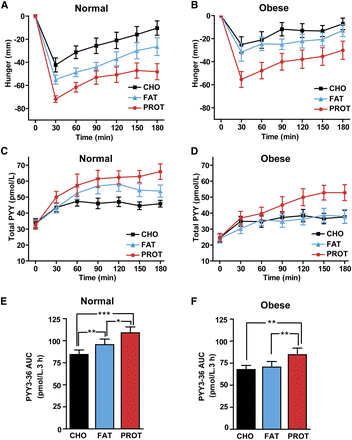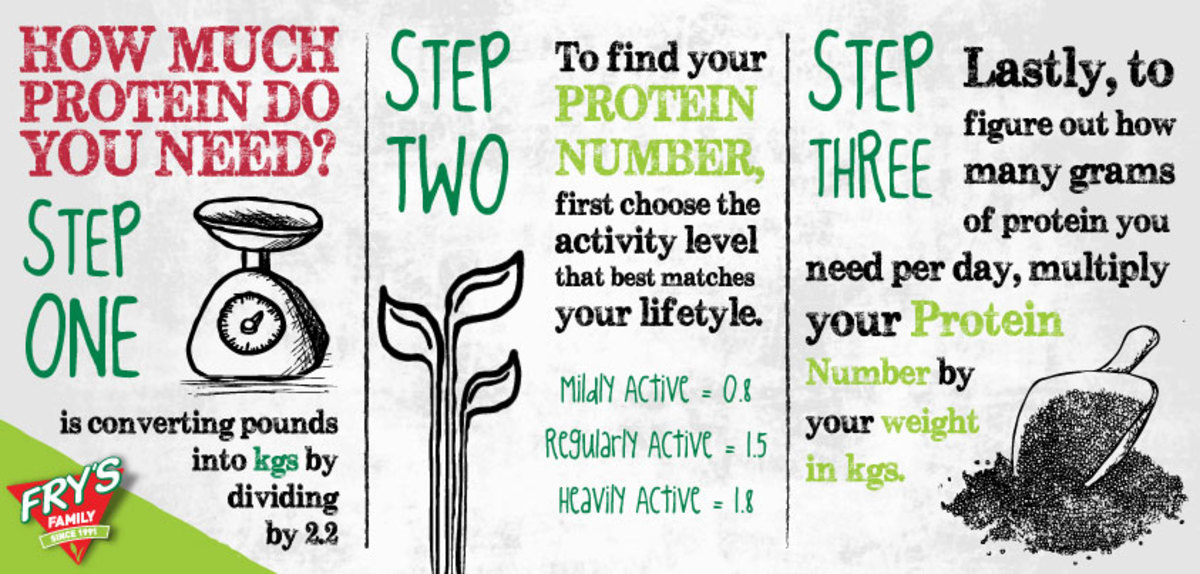Why Atkins Works: Peptide YY
In short: There's a new insight into why high-protein diets work, and it doesn't involve ketosis (the process by which the body burns fat in the absence of carbohydrates). High-protein diets induce a higher release of peptide YY, a hormone that reduces hunger.
Hunger down, PYY up, with high-protein diets

It looks like ketosis is only part of the picture. The low-carb conventional wisdom up to this point has been that, in the absence of carbohydrates (glucose in the blood, glycogen in the liver and muscles), the body undergoes a process called ketosis, where fats are digested, and their byproducts, ketone bodies, reduce hunger ... and give you horrible halitosis.
For some adherents to this regime (almost no carbs allowed--even a little will kick the body out of ketosis), it's been a price worth paying.
However, it looks like there might be another mechanism at work in high-protein diets. Research led by Rachel Batterham at University College, London, has discovered that high-protein diets raise the level of peptide YY (PYY), a naturally-occurring protein, released into the bloodstream. PYY reduces hunger.
The research team's recent article in the journal Cell Metabolism details their method of study. A group of fasting volunteers broke their fast with 1 of 3 different diets: high-carb, high-fat or high-protein (but somehow each meal was more or less comparable to the test subjects, at least according to their evaluations).
The result? The high-protein diet evoked the highest levels of peptide YY. Subsequent research on mice duplicated the same results. High-carb diets produced the lowest levels of PYY release.
The same phenomenon occurred among normal-weight and obese test subjects, although obese subjects had lower levels of PYY than their normal-weight counterparts. Charts E & F (above) shows an obese person need to be on a high-protein diet to exhibit the same PYY release as a normal-weight person on a high-carb diet.
Dr Batterham is quick to state that she doesn't advocate the Atkins Diet, one that's been criticized for emphasizing high saturated-fat meats over fruits and vegetables.








